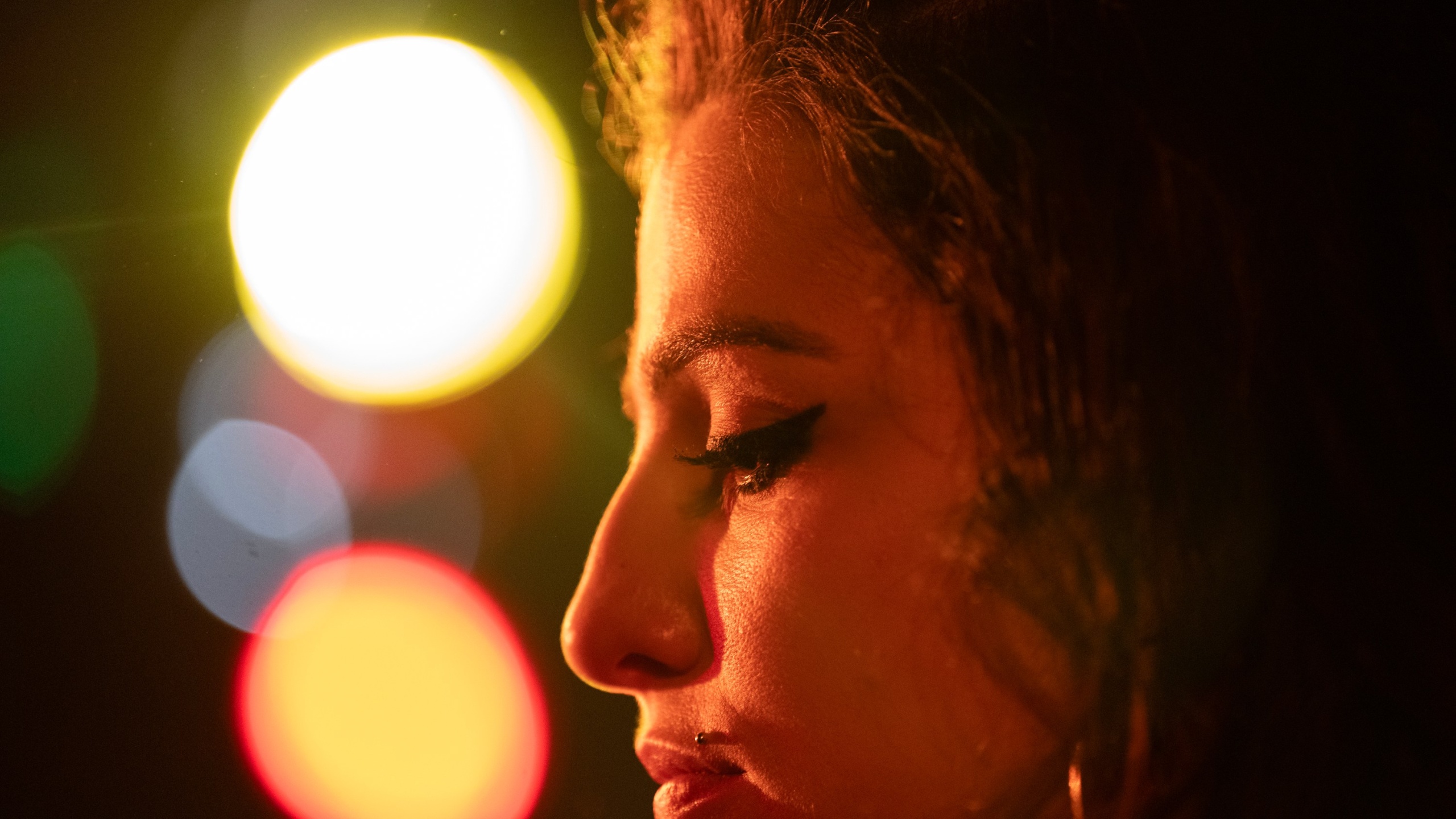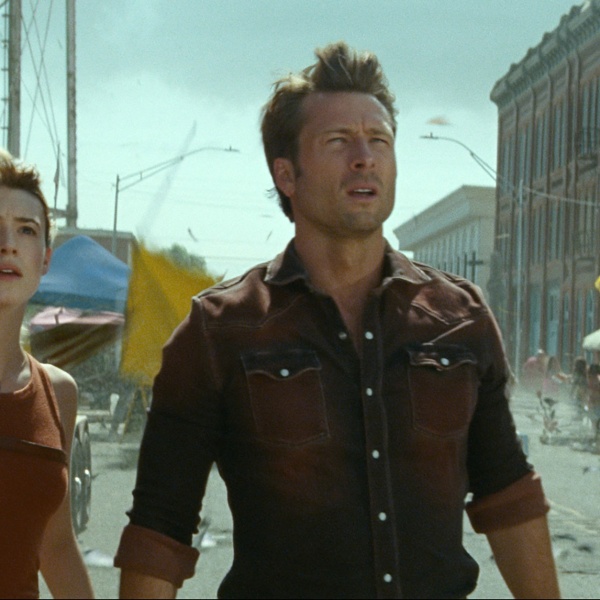“Industry” breakout star Marisa Abela almost turned down playing iconic singer-songwriter Amy Winehouse for biopic “Back to Black.”
Abela revealed in a Harper’s Bazaar UK cover story that she was worried she wouldn’t be “taken seriously” in character as Winehouse if she wasn’t “torturing” herself for the role and going “Method.” Grammy winner Winehouse openly struggled with addiction and died of alcohol poisoning at age 27.
“My first instinct was to say ‘No, that’s too much, too huge,’” Abela said of taking on Winehouse’s legacy. “I thought, maybe I’m not going to be taken seriously if I’m not torturing myself in order to play this part. But I’m not a Method actress. I wasn’t walking around my flat as Amy. The work was enough for me.”
To lead the upcoming film helmed by Sam Taylor-Johnson, Abela went through “Amy bootcamp” which included dieting, working 10 hours a day with a personal trainer, and taking vocal lessons despite not originally supposed to sing in the film. Abela later ended up recording with the star’s original band for the role. Winehouse’s music was licensed for the feature, made with the full support of Universal Music Group, Sony Music Publishing, and The Amy Winehouse Estate.
“I had no idea how close I could get to singing like Amy. But why not work as hard as I possibly could to do it?” Abela said. “That’s how I felt with everything: her movements; her dancing; her thought processes. How close can I get to her? How can I unravel a psychological truth that will excite people again?”
Winehouse’s heroin addiction and eating disorder led to her physically transforming into a waif-like physique during her rise to fame and beloved 2008 album “Back to Black.” Abela said that she “had help to do it safely” for embodying Winehouse’s stature.
“I consulted a dietician and was being monitored,” Abela says. “Feeling frailer and smaller helped – I hadn’t understood, before, how much that affects your tempo. During her ‘Frank’ [album] era, Amy is fast and loud and boisterous with her arms, her movements are big. Once I started to change, I realized that you can’t physically make those same movements. It’s uncomfortable to sit. You’re tired, you’re hungry, you’re more exposed.”
That exposure also mirrored Winehouse’s tumultuous relationship with husband Blake, played by Jack O’Connell in the film. Abela was steadfast in making sure that Winehouse’s choices are not vilified onscreen.
“As an actor, I think you’re making a terrible mistake when you judge a character and a character’s decisions. Of course – these are not just characters, they are real people,” Abela said. “My job was to get into Amy’s shoes and her soul, and understand why she did the things she did. […] Amy loved Blake, so I was going to do nothing but that. If other people who watch the film decide she shouldn’t have loved a certain person, or shouldn’t have trusted someone, that’s fine. The only villains in our story are addiction and the relentless paparazzi. I’m not telling people how to feel about it.”







